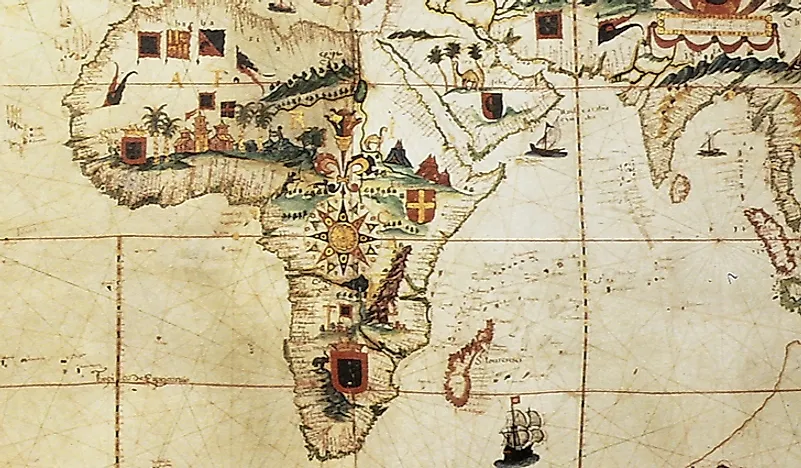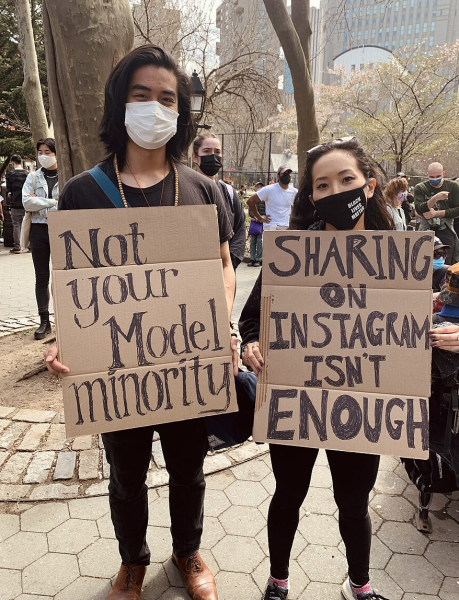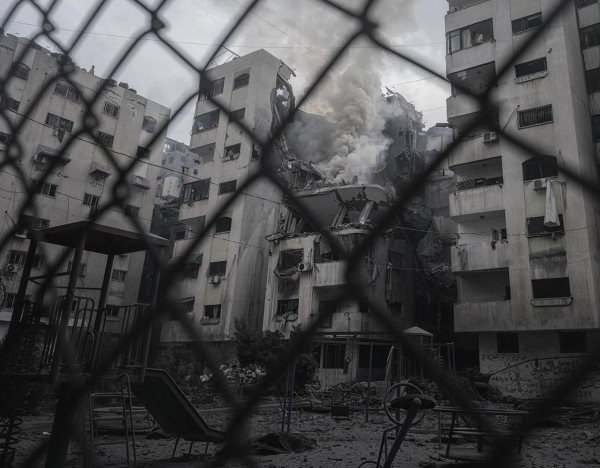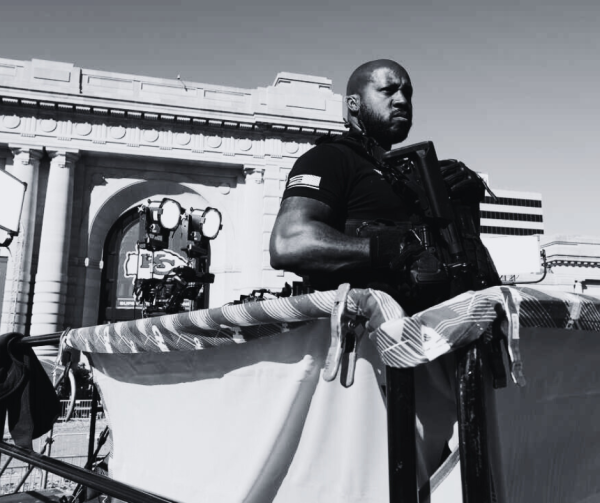Africa’s poverty is France’s burden
The history of brutality and violence in many African countries stems directly from France’s intervention
Photo courtesy of worldatlas.com
A map of colonized Africa
June 12, 2022
Once seen as the pinnacle of luxury in the ancient world, Africa has since been plagued with poverty, famine, and war. Since the midpoint of the second millennium, Africa has become a despondent region, home to some of the most impoverished countries in the world. European powers like Britain, Belgium but especially France, are largely responsible for the political instability and pestilence in Africa, and until France takes responsibility for their role in the kneecapping of African civilizations, African countries will continue to be seen as “sh*thole countries” by people like former president Donald Trump.
Twenty different African countries, including three of the five poorest African countries by GDP, were all colonized by France at some point in their history. Currently, Mayotte and Réunion are parts of Africa that are still under French authority and are known as “French overseas departments.” Even though most of Africa is comprised of independent, post-colonial nations, France still holds influence over its former colonies. For instance, Benin, Burkina Faso, Guinea Bissau, Côte d’Ivoire, Mali, Niger, Senegal and Togo all use the West African CFA franc as currency, while Cameroon, the Central African Republic, Chad, the Republic of the Congo, Equatorial Guinea and Gabon all use the Central African CFA franc. Both CFA francs have a set value that is tied to the value of the euro; one euro is equivalent to about 656 CFA francs. Because of this, countries that use the CFA franc (known collectively as the CFA franc zone) have little to no control over inflation rates within their countries. As such, France reserves the right to devalue the CFA franc whenever they see it fit to do so, like they did in 1994 when the CFA franc was devalued from 50 CFA francs per French franc to 100 CFA francs per French franc.
Further, France requires CFA franc zone countries to deposit 50% of their foreign exchange reserves into the French Treasury at a 0.75% interest rate. This should make it no surprise that the CFA franc zone is the most impoverished area in Africa. The countries that use the West African CFA franc have an average credit to GDP ratio of 25%, and the countries that use the Central African CFA franc have an average credit to GDP ratio of 13%. For comparison, the average credit-to-GDP ratio for the rest of sub-Saharan Africa is upwards of 60% and is 148.4% for mainland France. The CFA franc zone is a relic of Africa’s colonial past and is barring former French colonies in Africa from progressing.
African countries have tried time and time again to liberate themselves from French control. And more often than not, African revolutionaries in former French colonies are met with violent resistance from the French government. The death of Barthélemy Boganda is a perfect example of this. Boganda was the president of the Central African Republic from December 1958 to March 1959. During this time, Boganda cut a lot of ties that the C.A.R. had with France. For example, he founded the Movement for the Social Evolution of Black Africa, a political party dedicated to liberating the French colonies in Africa, specifically the C.A.R. and the French Congo. Boganda was instrumental in the C.A.R. gaining independence and planned to use his power to liberate other African territories from French rule. In an attempt to stop the Central African Republic’s growing independence movement, France arrested Boganda during his 1951 campaign for “endangering the peace”. He was released shortly thereafter, but he was unfortunately killed in a plane crash in March 1959. The French General Secretariat of Civil Aviation headed an investigation into the crash, yet never publicized their report. The French newspaper “L’Express” leaked parts of the report that revealed that traces of explosives were found in the wreckage of Boganda’s plane, and in response, the French High Commissioner suppressed all copies of “L’Express” printed in the Central African Republic. The Cameroonian Marxist politician Félix-Roland Moumié was killed in 1960 when a French secret service agent slipped a dose of thallium into his drink in Geneva. Another Cameroonian leader, Um Nyobè, was shot dead in 1958 by the French military. France has repeatedly used violence to stifle progress in African countries in order to keep Africa dependent on France and the CFA franc.
France’s colonial endeavors outside of Africa have resulted in the exploitation of Africa and its people as well. Slave labor was exploited by French colonies in present-day Canada, Louisiana, and the West Indies. This slave labor was crucial to the development of New France and made the French colony of Saint-Domingue (present-day Haiti) the richest colony in the world. Over 300,000 slaves were taken to French Guiana, Martinique, and Guadeloupe, which are all currently overseas departments of France.
“When looking at the French Empire, there are two periods to consider,” said RV Modern Africa and World History Teacher Mrs. Alspach. “First, the period from the 1600’s to the French Revolution (1789). This is when France acquired Caribbean colonies, and Saint Domingue (now Haiti) was their most valuable asset. At the time, France’s entire economy was based on mercantilism—the system where colonizing countries made money by controlling the trade of their colonies. Therefore, the nation now known as Haiti is the key to the entire French economy because it was both a producer of cash crops, especially sugar, and a key trading port in the Americas. It is accurate to say that slavery built the world economy during this period.”
The transatlantic slave trade sent West Africa into ruin, as it nearly depleted Africa’s workforce. The only groups of people that were left behind by European traffickers were the elderly or disabled, who were least able to rebuild Africa. Not only did France stunt Africa’s economic growth during the age of exploration, but they robbed African countries of the resources they needed to rebound in order to help the French bourgeoisie.
The French government has African blood on its hands. For far too long, France has acted as an agent of violence in Africa. France is using the CFA Franc and the Franc Zone as a means of keeping a glass ceiling above African societies. Africa cannot develop as long as France continues to see the continent as nothing but a tool to enrich France and advance France’s global political influence. Françafrique and European intrusion in Africa is, and always has been, a tool used to destroy cultures, cripple civilizations, and turn societies to rubble.












